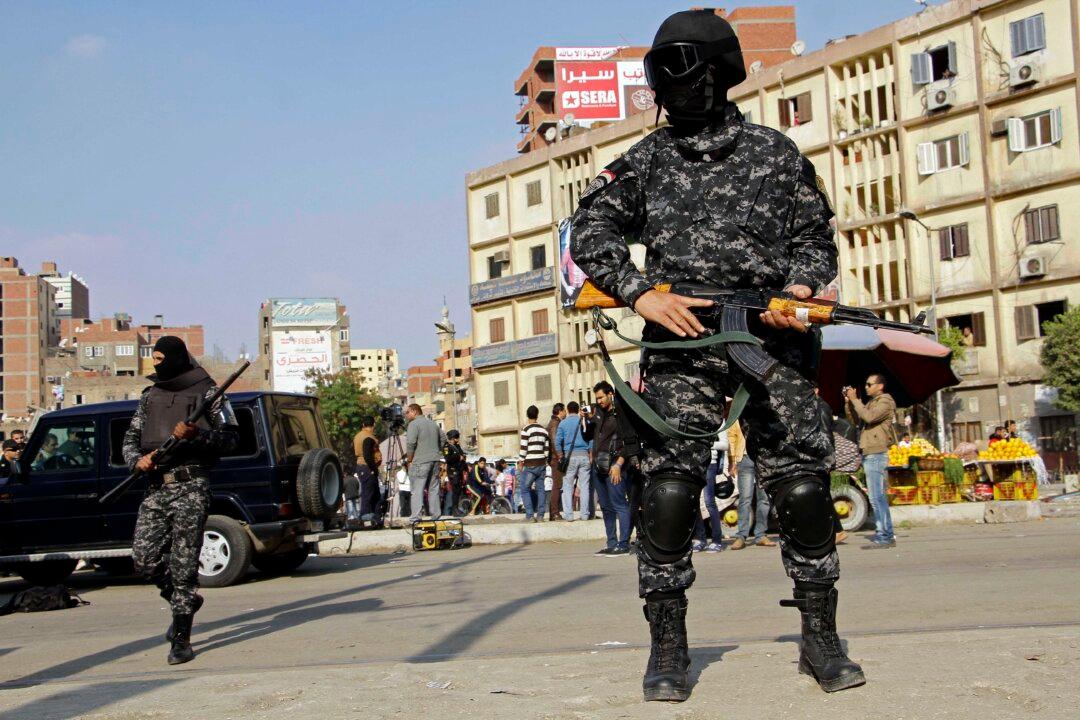RAFAH, Gaza Strip—Egyptian military bulldozers are digging through the sand along Egypt’s border with the Gaza Strip in recent days, pressing ahead with what appears to be a renewed campaign to pressure Gaza’s Hamas rulers and stamp out militant activity along the border.
The project, billed as an Egyptian military-operated fish farm, effectively would fill the border area with water and is designed to put an end to the last remaining cross-border underground smuggling tunnels, Egyptian military officials said. Hamas accuses Egypt of further isolating the beleaguered Palestinian territory.





